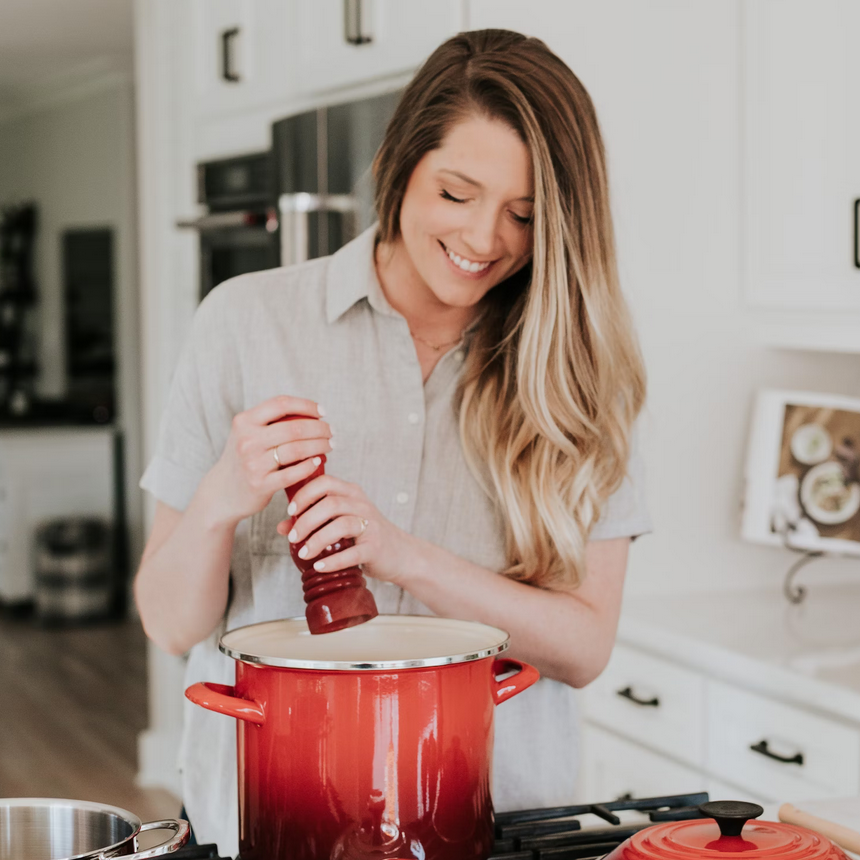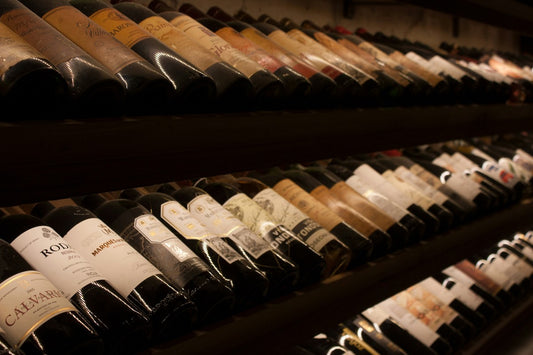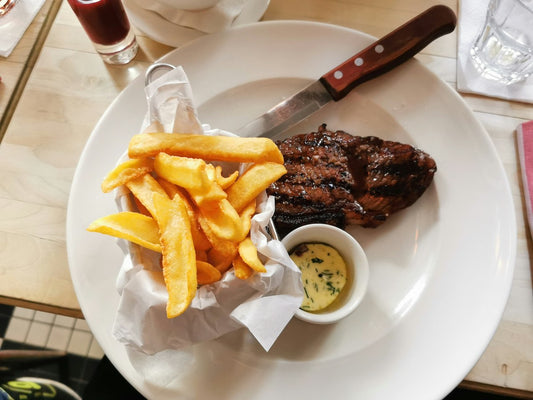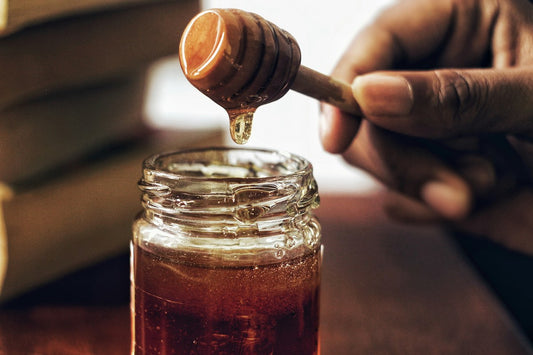
Boyd Hampers Food Magazine with Chef Norah Clark
Norah Clark is an experienced chef in some of the leading restaurants and hotels worldwide, notably The Ritz Carlton Hotel, Four Seasons, The Plaza, and Savoy Hotel in London.
Norah is the Editor of Boyd Hampers Magazine.
Boyd Hampers Magazine
We independently review everything we recommend. When you buy through our links, we may earn a commission.

We Used The 9 Best Wine Racks to Store Our Wine...
Needing to buy the perfect wine rack for your wine collection? We've thoroughly researched and purchased over 20 popular wine racks, testing them side-by-side to evaluate their functionality and style....
We Used The 9 Best Wine Racks to Store Our Wine...
Needing to buy the perfect wine rack for your wine collection? We've thoroughly researched and purchased over 20 popular wine racks, testing them side-by-side to evaluate their functionality and style....

The 5 Best Wine Decanters We Had The Pleasure o...
Looking to find the perfect wine decanter to store your wine? We've meticulously researched and purchased over 19 different decanters, putting them to the test in a series of rigorous...
The 5 Best Wine Decanters We Had The Pleasure o...
Looking to find the perfect wine decanter to store your wine? We've meticulously researched and purchased over 19 different decanters, putting them to the test in a series of rigorous...

We Tried Some of Best Outdoor Dining Table Sets
Searching for the best outdoor dining table set to create the perfect outdoor seating area? We dove deep into the market, purchasing various sets to test side-by-side in real-world conditions....
We Tried Some of Best Outdoor Dining Table Sets
Searching for the best outdoor dining table set to create the perfect outdoor seating area? We dove deep into the market, purchasing various sets to test side-by-side in real-world conditions....

These Are The 7 Best Steak Knives We Tried & Te...
If you are looking for the best steak knives to buy, you are spoilt for choice from our tried and tested roundup. A well cooked steak should be easily cut...
These Are The 7 Best Steak Knives We Tried & Te...
If you are looking for the best steak knives to buy, you are spoilt for choice from our tried and tested roundup. A well cooked steak should be easily cut...

We Tried The 5 Best Honey Jars for Storing Natu...
If you are looking for a honey jar, you're in the right place. As tasty as honey is, there's nothing that can cause as much of a sticky mess than...
We Tried The 5 Best Honey Jars for Storing Natu...
If you are looking for a honey jar, you're in the right place. As tasty as honey is, there's nothing that can cause as much of a sticky mess than...

Best Double Oven Gas Ranges, Tried & Tested for...
Looking to upgrade your kitchen with a new double oven gas range? A gas range with a double oven for your kitchen allows you to amplify your cooking efficiency and...
Best Double Oven Gas Ranges, Tried & Tested for...
Looking to upgrade your kitchen with a new double oven gas range? A gas range with a double oven for your kitchen allows you to amplify your cooking efficiency and...

Boyd Hampers Magazine – Monthly Subscription
Subscribe to the monthly subscription of Boyd Hampers Magazine directly to your inbox or the physical magazine to your doorstep.







